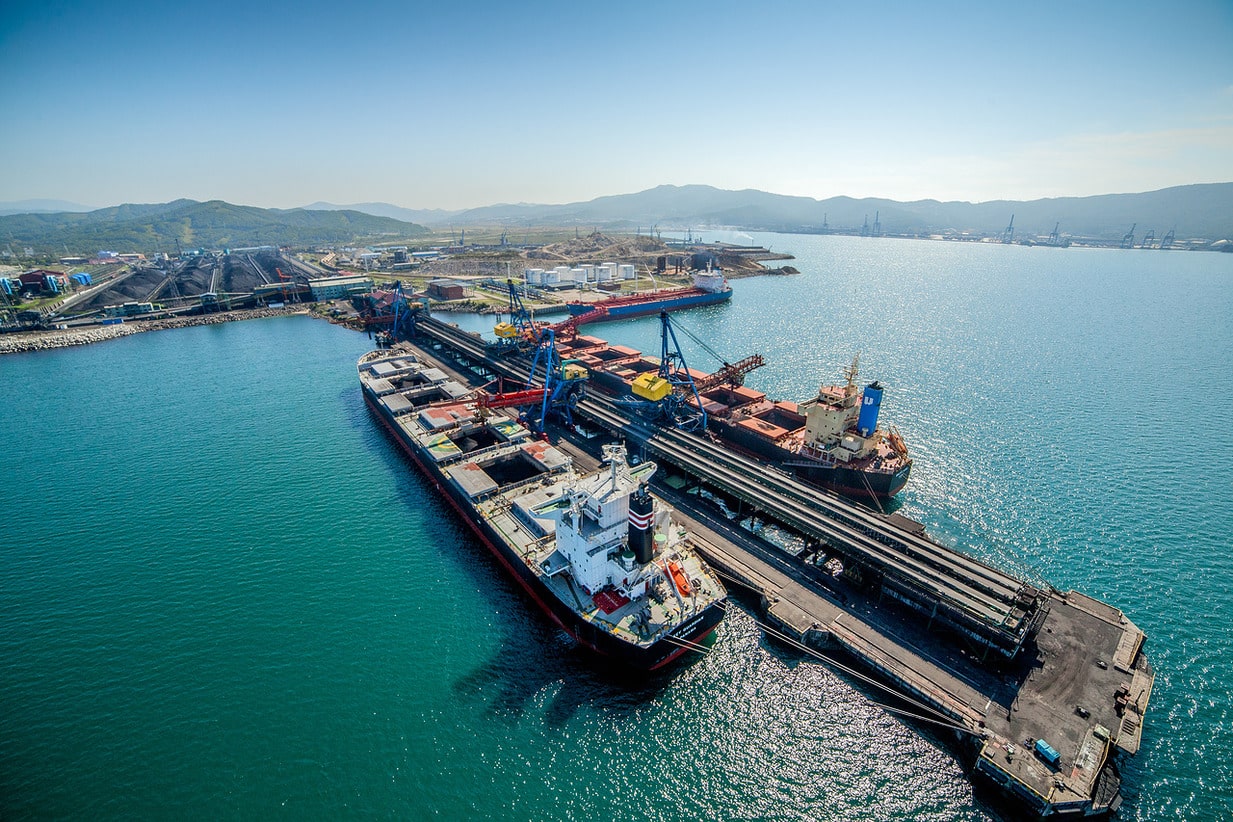
Russia increased oil exports from the Transneft-Kozmino port, near the Far Eastern city of Nakhodka. File photo.

Orinoco Tribune – News and opinion pieces about Venezuela and beyond
From Venezuela and made by Venezuelan Chavistas

Russia increased oil exports from the Transneft-Kozmino port, near the Far Eastern city of Nakhodka. File photo.
Russia is seeking ways to shift exports of its oil and oil derivatives to friendly countries this year by increasing its share of total supplies sent abroad to 75-80%, according to Russian Deputy Prime Minister Alexander Novak.
“As for supplies to countries that maintain illegitimate price restrictions, our position here is widely known and remains unchanged: those countries will not receive Russian oil,” Novak wrote in an article for Energy Policy magazine on Monday, February 12, reported RT.
The Russian official explained that oil production in his country amounted to 535.2 million tons in 2022, 2% more than the previous year. Crude exports also rose 7.6% to 242 million tons, Novak wrote.
British Newspaper Reveals That UK Buys Russian Crude Oil From India
The deputy prime minister also noted that a project to increase transportation through the main eastern port of Kozmino was implemented last year to redirect Russian oil supplies to friendly countries. As a result, deliveries to countries in the Asia-Pacific region increased to 42 million tons per year.
The European Union (EU), since February 5, set a price cap on Russian energy. A price cap of $100 per barrel was established for diesel, jet fuel, and gasoline, in addition to a cap of $45 per barrel for other petroleum products that trade below the price of crude oil, such as fuel used in industry. This followed closed-door decisions taken by the G7 heads of government acting, as is normally the case, on directives issued by their masters in Washington.
What has the Russian government done to counter the price cap? It has banned crude sales to buyers who mention this price cap in their contracts; a similar restriction is expected to be introduced in response to the latest EU cap on oil derivatives.
Translation: Orinoco Tribune
OT/JRE/SL